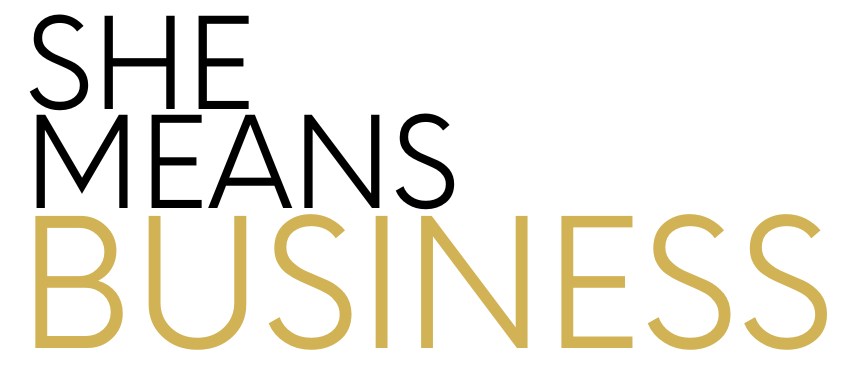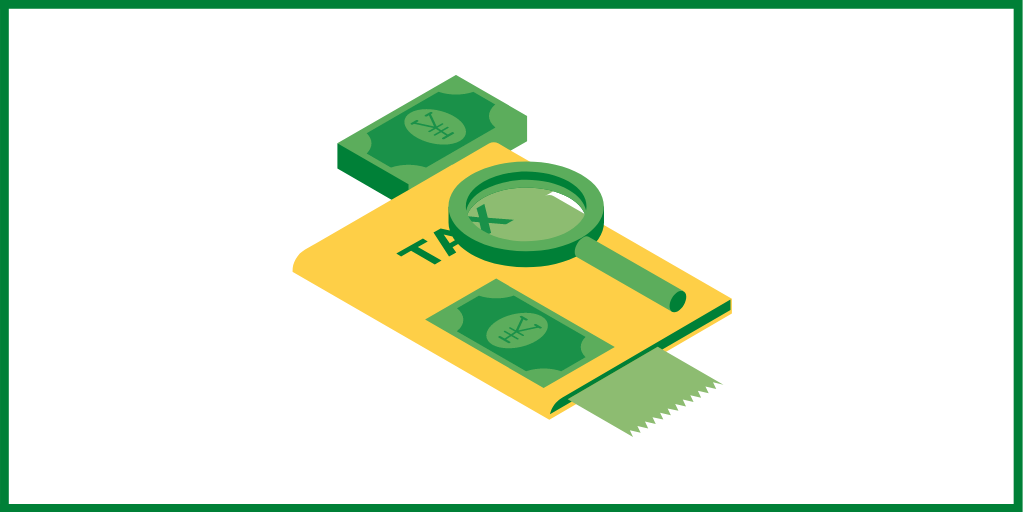SOLE TRADER TAX ADVICE AND TIPS.
by Kim from By Nature Consulting - April 2023
If you're a sole trader, knowing your tax obligations and how to maximise your tax efficiency is essential. At By Nature Consulting, we help self-employed individuals to make the most of their business accounts – and ensure that they submit all returns correctly and on time.
So, we have put together a few tips and bits of tax advice to help sole traders along the way.
REGISTER WITH HMRC
One of the first things you should do when you start a sole trader business is to tell HMRC that you're now self-employed. This applies whether you're only working in your new venture or has it as a side job while still permanently employed. The main timeline to remember is to let HMRC know before the 5 October in your second business tax year.
If you don't register on time, you may be fined. HMRC recommends that you register as soon as you begin trading. Please get in touch for more information on registration hello@bync.co.uk.
Keep Your Sole Trader Tax Allowance in Mind
Your personal allowance changed to £12,570 on 6th April 2021.
The government froze this figure until 2026
The current tax rates are:
• Basic rate – 20% on income between £12,571 and £50,270
• Higher rate – 40% on income between £50,271 and £125140
• Additional rate – 45% income on income over £125140
Learn more about reducing your tax as a sole trader with By Nature Consulting hello@bync.co.uk.
Stay on Top of Important Key Dates
Meeting deadlines will save you money both in the short and long term. If you don't submit your tax returns on time, HMRC will fine or penalise you, which can be costly.
Some of the deadlines you should keep in mind include the following:
• 5 October – If you've just set up your business, registering with HMRC as self-employed.
• 31 January– The date to file your previous years self-assessment return.
If we become your self-assessment Tax Agent, we can handle your returns and ensure all the correct expenses, tax reliefs and allowances have been claimed, and that tax saving calculations have been performed and that everything is submitted on time.
Consider the New Points-Based System
HMRC will soon have a points-based penalty system for all self-assessment tax returns, which they believe will make everything "fairer and more consistent".
The government says the new system is meant to penalise only those who often fail to meet their tax obligations instead of punishing people who make mistakes. This change comes into effect alongside mandatory ‘making tax digital’.
Now Making Tax Digital for VAT has opened up to more businesses, it’s being followed by two new penalty regimes from HMRC for individuals or businesses that make late submissions and payments.
These new systems will also apply to MTD for Income Tax when it begins from April 2026, too, and possibly MTD for Corporation Tax, due no earlier than April 2026.
Unfortunately, late submissions and payments do occur, despite all our best efforts.
But the good news is that the new systems are less severe and fairer than the previous ways HMRC penalised businesses. Their goal is better behaviour, rather than simply penalising mistakes.
HMRC will notify you at that time. As you might expect, you can appeal both points and penalties – see below.
The points threshold for the penalty varies depending on how frequently the individual or business is required to make submissions to HMRC.
• Monthly: Five points are required for the penalty to be applied.
• Quarterly: Four points are required. Notably, this includes both VAT quarterly submissions and quarterly updates for MTD for Income Tax.
• Annual: Two points are required.
A key point to remember is that separate points tallies are recorded for VAT and Income Tax, and separate penalties could be subsequently applied.
For more information email hello@bync.co.uk.
Claim Expenses
Regarding other sole trader tax deductions, you can claim your expenses back. The self-employed expenses list includes bank charges, insurance policies, business travel, charitable donations, computers and software, utilities, sundries and more. If you have not been claiming anything, you may be paying more tax than you should.
Get in touch with us here at www.bync.co.uk and we will help you figure out what you can claim. The same applies if you want to know more about limited company expenses.
Get Insurance
Being insured can protect your livelihood against third-party claims, as well as against accidents, injuries, and natural disasters. Not only can you claim these expenses back, but you'll also have peace of mind while working. And, if something happens, your insurance can also cover court costs and pay-outs – some types of insurance can even provide you with a wage if you lose your salary for any reason (for example, because of the pandemic).
Stay Organised
With our QuickBooks software, we can manage your accounts from anywhere, and on any device, with cloud access for clients to produce their invoices. We also receive information in real time, meaning business decisions in the moment. Staying on top of your accounts and always completing every deadline is easier than ever with this dedicated software, also Making Tax Digital-compliant.
Incorporate for Increased Tax Benefits
There may come a time when your sole trader business model may not be as tax efficient as before. Setting up a limited company means you don't have to pay tax on income above your personal allowance. As a limited company, you will pay corporation and dividend taxes. While this may not seem like a good thing, the truth is that it means your business is growing.
We can help you with sole trader tax relief, submitting your returns, and anything else you require. And, if you decide to incorporate, we can continue to manage your accounts because we also help Limited Companies and Director’s.

